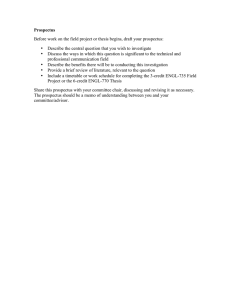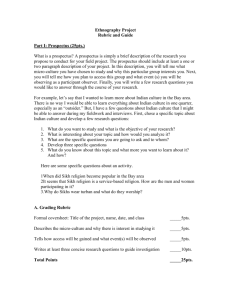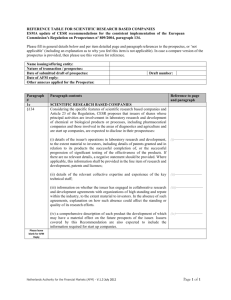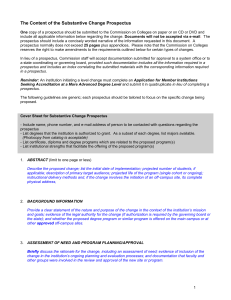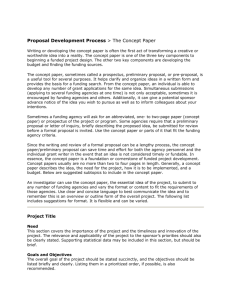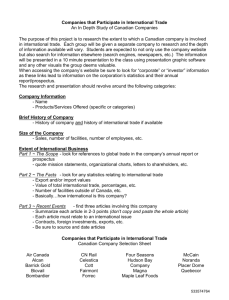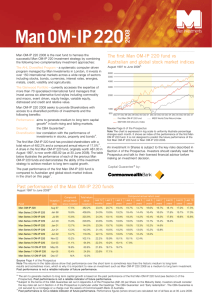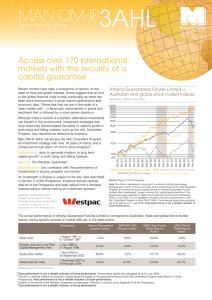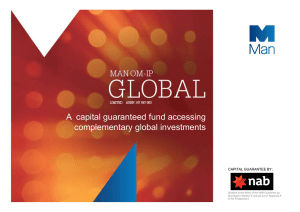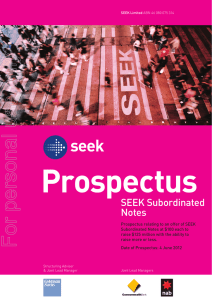Guidelines for the Prospectus UCSC Economics Department Fall 2013
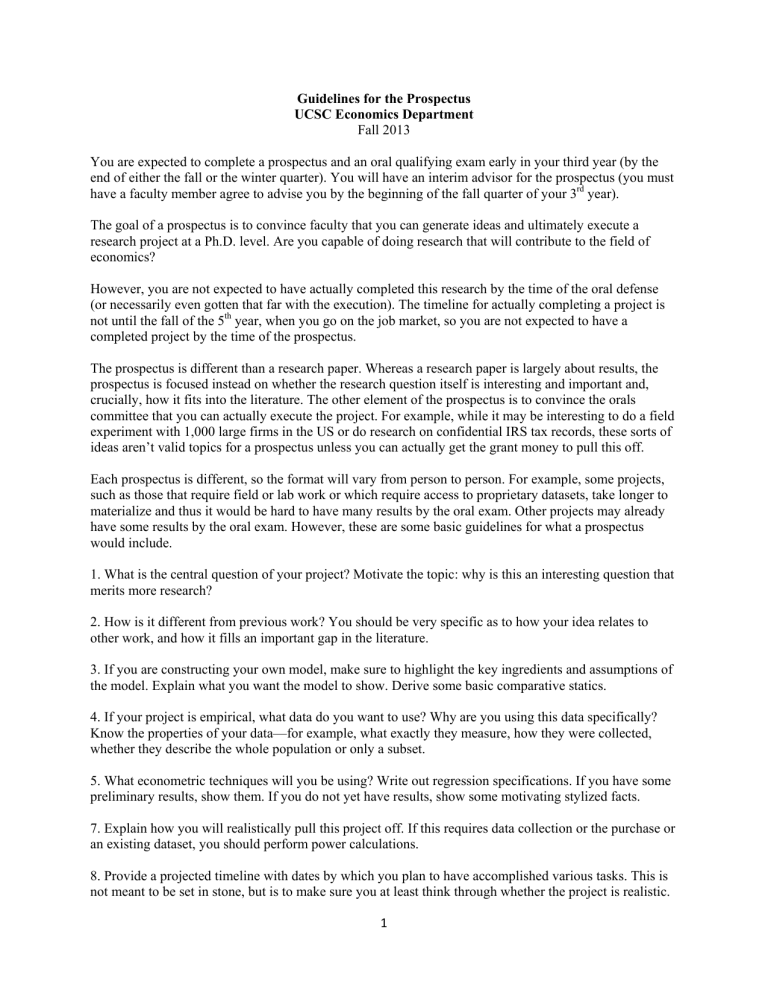
Guidelines for the Prospectus
UCSC Economics Department
Fall 2013
You are expected to complete a prospectus and an oral qualifying exam early in your third year (by the end of either the fall or the winter quarter). You will have an interim advisor for the prospectus (you must have a faculty member agree to advise you by the beginning of the fall quarter of your 3 rd
year).
The goal of a prospectus is to convince faculty that you can generate ideas and ultimately execute a research project at a Ph.D. level. Are you capable of doing research that will contribute to the field of economics?
However, you are not expected to have actually completed this research by the time of the oral defense
(or necessarily even gotten that far with the execution). The timeline for actually completing a project is not until the fall of the 5 th
year, when you go on the job market, so you are not expected to have a completed project by the time of the prospectus.
The prospectus is different than a research paper. Whereas a research paper is largely about results, the prospectus is focused instead on whether the research question itself is interesting and important and, crucially, how it fits into the literature. The other element of the prospectus is to convince the orals committee that you can actually execute the project. For example, while it may be interesting to do a field experiment with 1,000 large firms in the US or do research on confidential IRS tax records, these sorts of ideas aren’t valid topics for a prospectus unless you can actually get the grant money to pull this off.
Each prospectus is different, so the format will vary from person to person. For example, some projects, such as those that require field or lab work or which require access to proprietary datasets, take longer to materialize and thus it would be hard to have many results by the oral exam. Other projects may already have some results by the oral exam. However, these are some basic guidelines for what a prospectus would include.
1. What is the central question of your project? Motivate the topic: why is this an interesting question that merits more research?
2. How is it different from previous work? You should be very specific as to how your idea relates to other work, and how it fills an important gap in the literature.
3. If you are constructing your own model, make sure to highlight the key ingredients and assumptions of the model. Explain what you want the model to show. Derive some basic comparative statics.
4. If your project is empirical, what data do you want to use? Why are you using this data specifically?
Know the properties of your data—for example, what exactly they measure, how they were collected, whether they describe the whole population or only a subset.
5. What econometric techniques will you be using? Write out regression specifications. If you have some preliminary results, show them. If you do not yet have results, show some motivating stylized facts.
7. Explain how you will realistically pull this project off. If this requires data collection or the purchase or an existing dataset, you should perform power calculations.
8. Provide a projected timeline with dates by which you plan to have accomplished various tasks. This is not meant to be set in stone, but is to make sure you at least think through whether the project is realistic.
1
